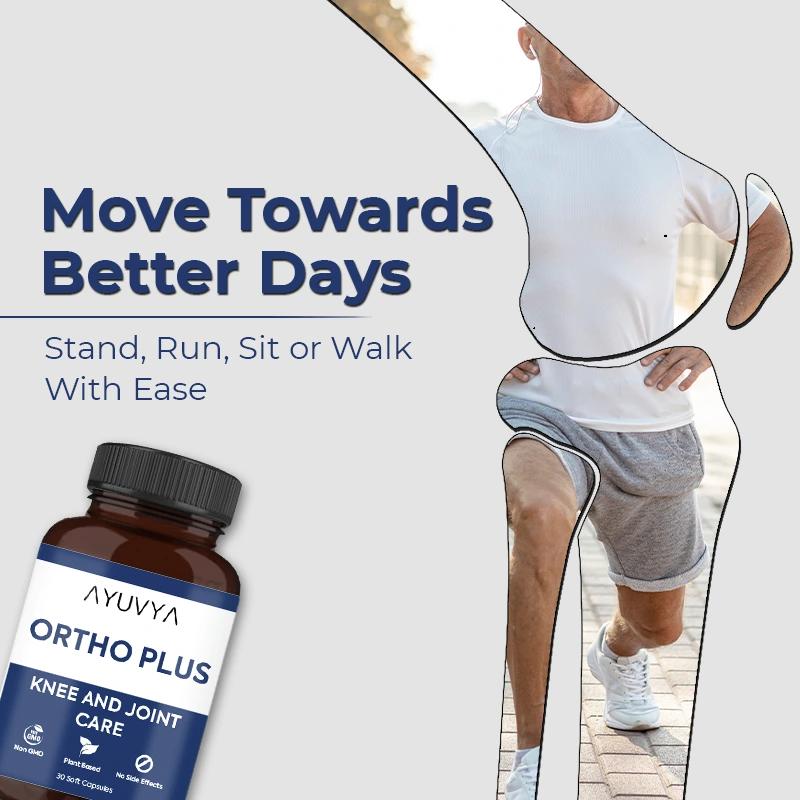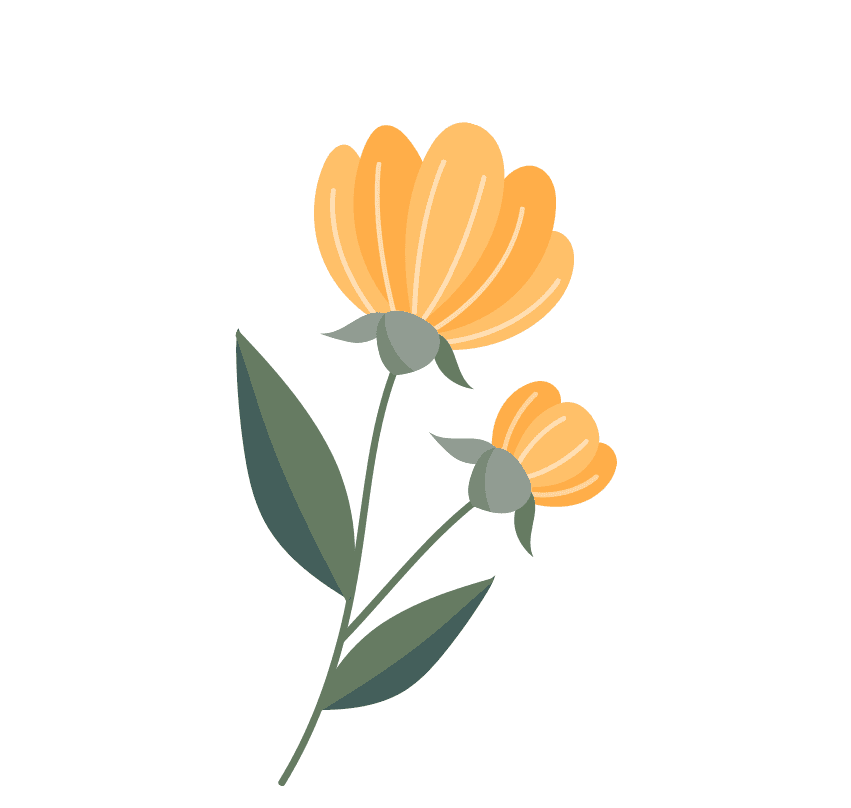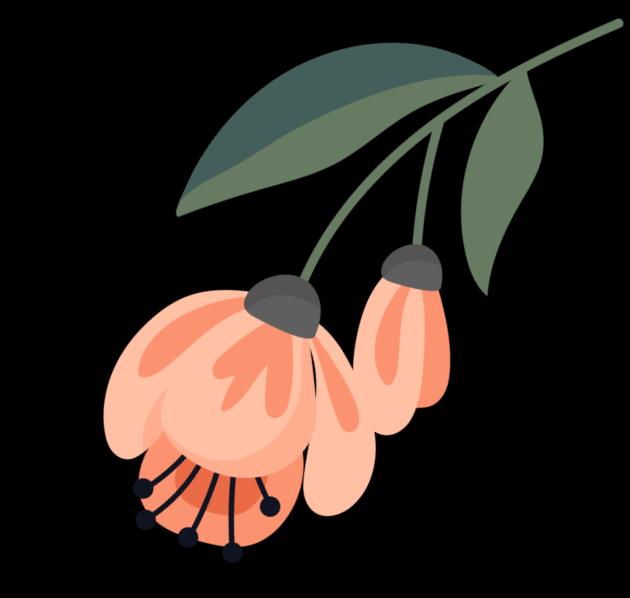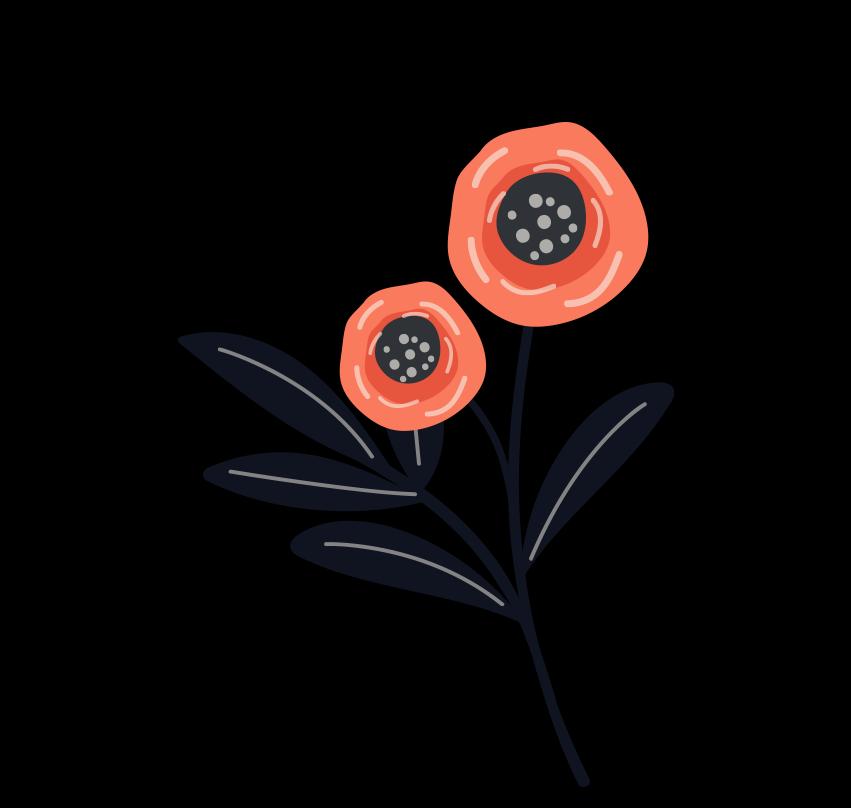Vata dosha- Amavata known as Rheumatoid Arthritis
Jun 17, 2025

The 5 elements of life- Earth, Air, Fire, Water and Space conspire together to build 3 fundamental energies of living beings- Kapha, Pitta and Vata. These Tridoshas govern all physiological and psychological functions within the human body. Ayurveda explains that every living being is a unique combination of these energies, and any imbalance among them can lead to the onset of various diseases—even serious or life-threatening ones.
What Is Amavata In Ayurveda?
The word Amavata originates from the Sanskrit word ‘ama’ and ‘vata’.
- Ama simply means toxins. They are the undigested food that is absorbed by the body. These are partially decomposed and tend to cause diseases. On the other hand Vata means ‘The Wind’.
- Vata dosha controls blood flow and eliminates toxins or Ama.
Amavata is a disease which occurs due to vitiation (decline) of Vata Dosha and accumulation of Ama (or toxins).
Amavata is often compared as “Rheumatoid Arthritis” since they have similar symptoms clinically. It is a chronic-disabling autoimmune disease that causes inflammation. There is severe pain in joints, tissue around joints and joint deformities. The worldwide frequency of the occurrence of this disease was found up to 0.8%. Previously it was observed that 30-50 years old are the majority affected but in recent studies it has been proven that any age group is in danger.
Primary Causesf
1. Mutually Conflicting Foods
The combination of 2 or more foods that can be harmful for the body.
2. Harmful Lifestyle Habits
Having irregular sleeping patterns and food habits can take a toll on your health.
3. Lack Of Physical Activity
Lack of regular exercise plays a crucial role in maintaining tridosha balance.
4. Heavy Exercise Immediately After Oily Food Intake
This leads to indigestion, acidity, stomach cramps and bloating.
5. Suppress Of Natural Needs
Suppressing natural urges like hunger, sneezing and urinating.
6. Weak Digestive Fire
Having a weak digestive system can lead to formation of Ama. As the amount of Ama increases, the chances of Amavata spikes too.
These reasons are incorporated together to form ‘Ama’. The Vata gets imbalanced and distributes Ama all over the body. The declining Ama and Vata flows to various joints like the lower back and hips. It also flows to the pelvis which causes stiffness, swelling and severe pain. It is important to treat this pain through ayurveda. Amavata’s ayurvedic treatment at home has no side effects and it supports a healthy lifestyle. Simple lifestyle changes serve as the best Amavata home care.
Amavata Lakhshana or Symptoms
The lakshana or symptoms of Amavata appear to be similar to that of indigestion. That includes bloating, abdominal pain, nausea and even heartburn. Amavata deteriorates the locomotor, cardiovascular, nervous, respiratory and excretory system.
Common Early Stage Symptoms or Lakshana of Amavata are-
- Body Pain
- Eating Disorder & Tastelessness
- Excessive Thirst
- Fatiqued
- Feeling heaviness of the body
- Indigestion and feeling of hollowness in the limbs
- Swelling in and around the joints
- Reduced range of movements of affected joints
- Redness and heat in joints
Advanced Stage Symptoms (Lakshana) of Amavata-
- Swelling of hand joints, neck joints, ankle joint, knee joint and hip joint.
- Stinging Pain
- Slow Uneasy Digestion
- Excessive Drooling & Nausea
- Eating disorder & Anorexia
- Burning Sensation
- Excessive Urination
- Constipation
- Sleeping Problems
- Feeling tightness in the chest
- Fainting
- Colic
- Gripping sensation of heart
- Hardness of abdomen
- Weakness to the digestive power
- Vomiting
These are some of the common symptoms found in patients. All of these can be cured through herbal home remedies.
Different types of treatment for Amavata
It’s important to treat the illness effectively. Make sure to consult a professional for Amavata’s treatment.
1. Medicines
Amavata can be managed effectively with appropriate medicines from Ayurveda, Homeopathy, or Allopathy. The choice of treatment depends on an individual’s metabolism and specific health condition. It is important to consult a qualified specialist in the respective field to ensure the therapy suits your body and needs. It’s preferred to take ayurvedic medicine since it can restore the balance between Ama and Vata.
2. Acupuncture
This age-old Chinese technique uses super-fine needles to ease pain. The needles stimulate energy and focus on correcting the imbalance of energy.
3. Biofeedback
This method trains you to control and manage stress. A therapist guides you about how to control your reaction to automatic responses like heart rate and blood pressure. It helps you control your reaction towards stress and other body responses.
4. Massage
This age-old effective technique helps get rid of sore spots of your body. Consult an expert doctor massager who has dealt with other people having RA. This will be a huge help in easing the body pain. It is among one of the most effective Amavata home remedies for pain management.
5. Tai Chi
Tai Chi is a martial art that eases the movement of your joints. You need to stand and perform some gentle movements that relax your tight joints. It helps with strength, flexibility and balance.
Amavata Home Remedies
For the treatment of Amavata it is necessary that you consult an ayurvedic expert. But there are some easy ways to ease up the pain at home. Following are the home treatments that can help you-
1. Daily Exercise At Home
Even though your body will restrict its movement during RA, physical activity will help you recover faster. Consult your therapist to follow a correct-tailored program for you. You can focus upon different kinds of exercises like-
- Strength Training- helps keep your muscles strong
- Range of motion exercises- help move your joints properly
- Balancing- make your balance better and avoids falls
- Aerobic exercises - running or swimming will ensure good heart health.
You can perform these activities at home.
2. Heat & Cold Press
Heat and Cold compress helps ease swelling and pain.
- Cold Compress - It helps reduce swelling and inflammation. Put ice on your swelled joint for not more than 15 minutes. Ensure there is a minimum interval of 30 minutes between each compress.
- Hot Compress - Hot compress relaxes your muscle and spurs blood flow. Use a hot water bag to compress over painful areas. It’s the most accepted and easy home remedy. Make sure to not burn yourself. If you are a patient of heart disease, high blood pressure or you’re pregnant, limit your hot pack usage.
3. Deep Breathing
Among the simplest methods this can be effortlessly practised right at home. Deep breaths will help your mind and body relax. This will loosen your muscles which must have been making the pain worse.
4. Turmeric
Turmeric is known to ease up body pain. The research has proven that it blocks proteins that cause inflammation. It’s the best natural Amavata home remedies.
5. Visualization
Visualising can be a great healer of stress and pain.
- Close your eyes
- Start breathing deeply
- Picture yourself in a quiet, peaceful place
Often overlooked but this is one of the most effective ways and can be easily done at home.
6. Progressive Muscle Relaxation
- Tighten and ease your muscles of different part of your body
- Start doing this from your face muscles and gradually move to the neck then arms, chest, back, belly, legs and feet.
- Breathe in when you contract your muscle
- Breathe out when you let go
7. Aromatherapy
This generally doesn’t help with pain but it boosts up your mood and relaxes your mind.
Diet During Amavata
The food you consume will slow or speed up the healing process. Make sure to keep in mind what to avoid during this time. A well regulated diet supports other Amavata home treatments and enhances their effectiveness. Eliminate habits like staying up till late at night, midnight snacks and consuming heavy oily foods.
Best to Aat
Barley, Horse Gram,Red Rice, Indian Paspalum, Millets, Rice Grass, Cow Grass, Pointed Gourd, Bitter Gourd, Ginger, Punarnava, Garlic Processed In Buttermilk, ditch millet, meat of animals living in desert like region and drumstick
Best to Avoid
Don’t eat food with sour taste or food that is difficult to digest.
Curd, jaggery, wheat, milk, flour prepared from black gram, cheese and wrong food combination.
Yog and Pranayam for Amavata
Ayurveda treatment is the best approach for Amavata. This keeps the body and mind healthy and peaceful. The yogasanas and pranayams are a tranquil approach to life which can be easily practised at home.
YOG ASANS
- Trikonasana (Triangle Pose)
- Shalabhasana (Locust Pose)
- Vakrasana (Half Spinal Twist)
- Padmasana (Lotus Code)
- Light walk
- Sun bathing for 1 hour
PRANAYAMA
- Anulom-Vilom (breathing exercise)
- Kapalabhati (forceful exhalations and inhalations)
- Meditation (at least 20 minutes)
Conclusion
It can be concluded that RA or Amavata can have a significant effect on your life, especially your mobility. It’s highly necessary for you to follow a healthy, balanced lifestyle if you want to steer clear from the path of this chronic illness. If, on the other hand you do become a part of the 0.8%, make sure to use home remedies, ayurvedic methods and balancing your lifestyle to live with ease and happiness.
Frequently Asked Questions
Osteoarthritis, the most widespread type of arthritis, occurs when the protective cartilage cushioning the ends of bones gradually wears down. In contrast, rheumatoid arthritis is an autoimmune disorder where the body’s immune system targets the joint lining, leading to inflammation and joint damage.
In Ayurvedic medicine, Amavata and Sandhivata are distinct types of joint disorders, with Amavata resembling rheumatoid arthritis (RA) and Sandhivata resembling osteoarthritis (OA).
Indigestion: Bloating, gas, and constipation are common digestive symptoms associated with Ama. When Ama accumulates in the joints, it can lead to stiffness, inflammation, and persistent discomfort. Lack of appetite: The digestive fire is weakened, leading to a diminished sense of hunger.
Ghee helps balance Pitta and Vata—the two doshas most commonly involved in rheumatoid arthritis. Even individuals with dairy intolerance can often consume ghee, as it lacks the milk proteins that typically trigger inflammatory responses linked to rheumatoid arthritis.
Pain is like a mice bite. Gets relief after doing bloodletting therapy, purgation and enema. In Amavata, the larger joints are typically affected, leading to intense stiffness and sharp, piercing pain often compared to the sting of a scorpion.
Eat light, warm, cooked and easily digestible food, Eat freshly prepared foods like phulka, parathas, rice, roti, dosa, idly, kichadi, soups, dals etc.
Applying castor oil alone or alongside ginger helps in cleansing the body of toxins in the initial Sama stage of Amavata, offering natural and noticeable symptom relief.











